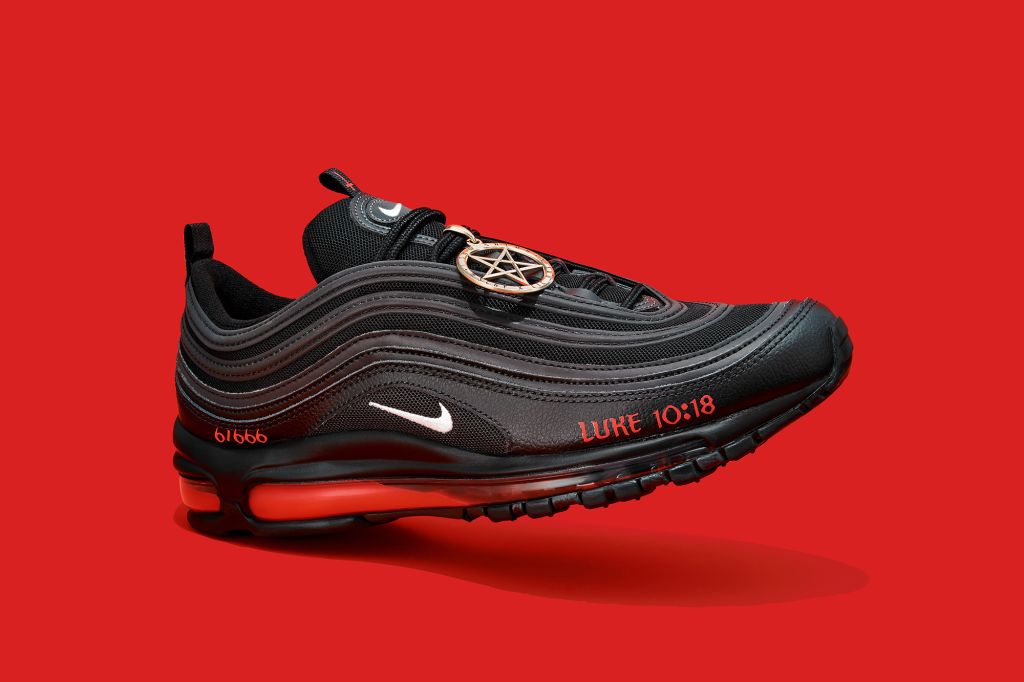Top Music Job Descriptions: A Comprehensive Overview of Roles & Responsibilities
The music industry is a dynamic and exciting field that offers a wide range of career opportunities for those with a passion for music. From artists and performers to behind-the-scenes professionals, there are countless roles and responsibilities that contribute to the success of the industry. If you are interested in pursuing a career in music, it is important to understand the various job descriptions and requirements for each role. In this article, we will provide a comprehensive overview of the top music job descriptions.
1. Musician
Musicians are the artists who create and perform music. They can be solo performers or part of a band or orchestra. Musicians can specialize in various genres of music, such as classical, jazz, rock, pop, or country, among others. They are responsible for composing, arranging, and recording music, as well as performing live concerts and shows.
To become a musician, you need to have exceptional musical talent and skills, as well as a deep understanding of music theory and history. You may also need to have formal education and training, such as a degree in music from a college or university. Additionally, musicians need to be able to handle the business side of their careers, including managing finances, marketing their music, and negotiating contracts with record labels and promoters.
2. Songwriter
Songwriters are the creative minds behind the lyrics and melodies of songs. They can work independently or collaborate with other musicians, producers, and artists to create music. Songwriters can specialize in various genres of music, such as pop, rock, country, R&B, or hip-hop, among others. They are responsible for writing and composing songs that resonate with audiences and convey a message or emotion.
To become a songwriter, you need to have strong writing and composition skills, as well as a deep understanding of music theory and structure. You may also need to have formal education and training, such as a degree in music or creative writing from a college or university. Additionally, songwriters need to be able to pitch their songs to record labels, producers, and artists, as well as negotiate royalties and licensing agreements.
3. Music Producer
Music producers are the professionals who oversee the recording, mixing, and mastering of music. They can work with artists, bands, and orchestras to create high-quality recordings that showcase their talent and creativity. Music producers can specialize in various genres of music, such as pop, rock, hip-hop, electronic, or classical, among others. They are responsible for managing the technical aspects of the recording process, as well as providing creative input and feedback to the artists.
To become a music producer, you need to have strong technical and creative skills, as well as a deep understanding of music production and engineering. You may also need to have formal education and training, such as a degree in music production or audio engineering from a college or university. Additionally, music producers need to be able to work well with artists and other professionals, as well as manage budgets, schedules, and equipment.
4. Music Teacher
Music teachers are the educators who teach music to students of all ages and levels. They can work in schools, colleges, universities, or private studios, and teach various instruments, such as piano, guitar, violin, or voice, among others. Music teachers are responsible for developing lesson plans, teaching techniques, and assessments that help students learn and improve their musical skills.
To become a music teacher, you need to have strong teaching and communication skills, as well as a deep understanding of music theory and pedagogy. You may also need to have formal education and training, such as a degree in music education or performance from a college or university. Additionally, music teachers need to be able to work well with students of all ages and levels, as well as manage their own schedules and resources.
5. Music Business Professional
Music business professionals are the behind-the-scenes experts who manage the business side of the music industry. They can work in various roles, such as artist management, music publishing, record label management, concert promotion, or music licensing, among others. Music business professionals are responsible for managing the financial, legal, and marketing aspects of the music industry, as well as identifying and developing new talent and opportunities.
To become a music business professional, you need to have strong business, legal, and marketing skills, as well as a deep understanding of the music industry and its trends. You may also need to have formal education and training, such as a degree in music business or entertainment law from a college or university. Additionally, music business professionals need to be able to network and build relationships with artists, producers, and other professionals, as well as stay up-to-date with industry news and developments.
Career and Education
A career in the music industry can be both challenging and rewarding, offering opportunities to work with talented artists and professionals, as well as contribute to the creation and promotion of music that inspires and entertains audiences worldwide. To succeed in the music industry, it is important to have a combination of talent, skills, education, and experience. Formal education and training can provide a solid foundation for a career in music, as well as open doors to various job opportunities and networking possibilities.
Key Takeaways
- The music industry offers a wide range of career opportunities for those with a passion for music.
- The top music job descriptions include musician, songwriter, music producer, music teacher, and music business professional.
- If you are interested in pursuing a career in music therapy, consider taking the NYU x Billboard | Music Industry Essentials online course and certificate program to learn more about the music industry and enhance your skills.








